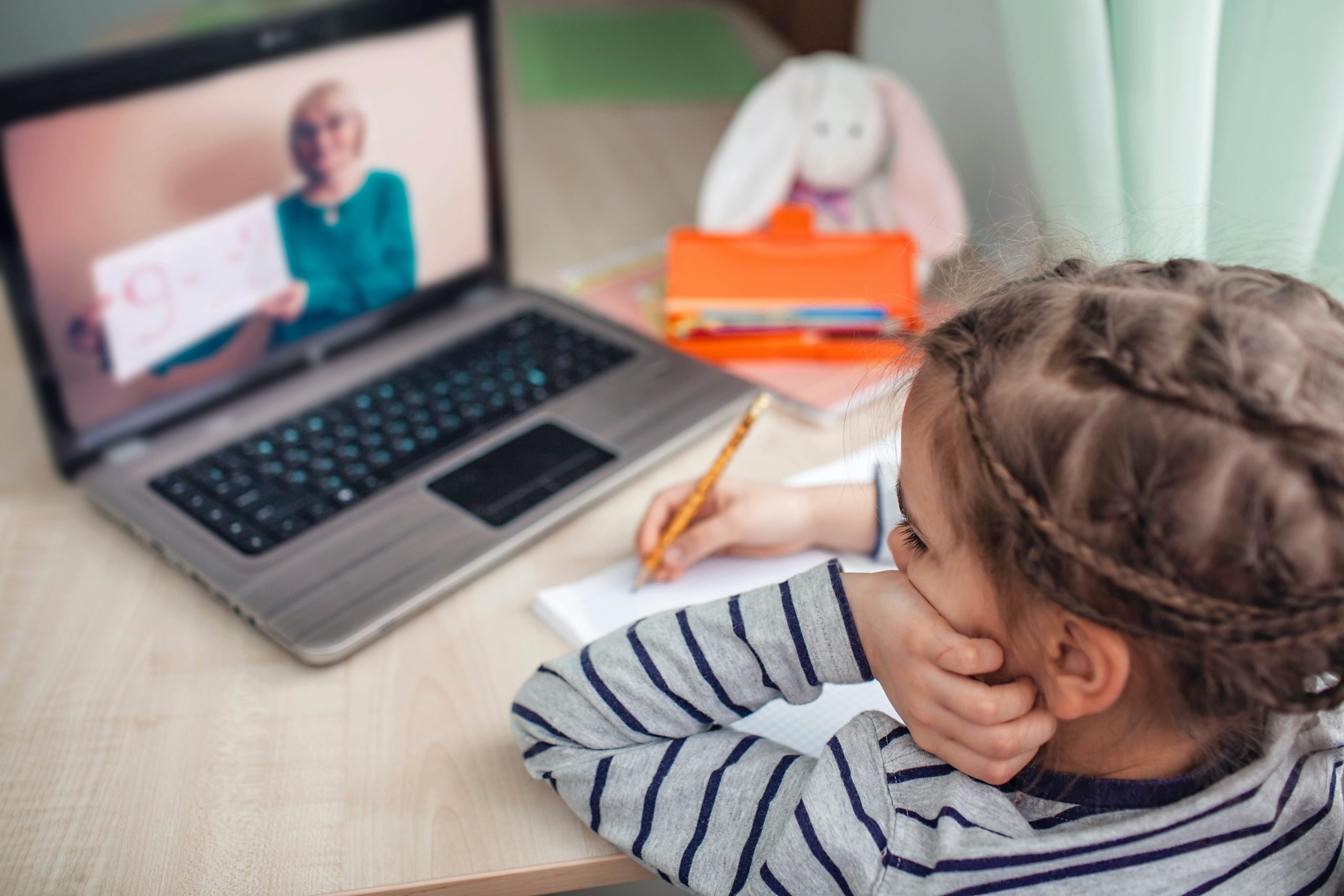Thanks to the valiant efforts of teachers and parents alike, virtual learning has kept school afloat for many during the initial lockdown and as the pandemic continues.
But it has not been easy for anyone, however, and for many children, adjusting to new ways of learning via Zoom or other tele-conferencing platforms can exacerbate anxiety and amplify existing mental health issues.
“For some students it can feel like a daily form of torture, significantly increasing their anxiety levels and negatively impacting their self-confidence and self-esteem,” says Mandeep Jassal, behavioural therapist at Priory Wellbeing Centre, Dubai.
This can be particularly true for teenagers, who are naturally searching for a sense of identity and are highly aware of their appearance and how they come across to others.
“As a result, they may become even more self-conscious about their behaviour, scrutinizing everything about themselves, even down to how they sit and move on camera,” says Jassal. “This can cause them to refrain from asking questions or actively participating in online lessons through a fear of drawing attention to themselves and of getting answers wrong. Over time, they will withdraw more and more, which has the potential to affect their learning and grades.”
When this issue arises with parents and teachers, Mandeep suggests they:
- Acknowledge the student’s feelings and highlight how others will be experiencing the exact same concerns and worries.
- Resist the urge to intervene or “save” the student mid-lesson if you notice them feeling uncomfortable. This will only embarrass the student and make any issues more obvious to others.
- Highlight how most of their peers will be too busy concentrating on their own work or preoccupied with their own concerns and image, rather than focusing on them.
- For those feeling particularly overwhelmed, inform the teacher or school privately. Discuss potential options with them, such as only having the webcam on in certain lessons or allowing them gradual webcam exposure. For example, begin by having the webcam on just during the registration and overview of the lesson and then extend this time period gradually over the coming weeks as they start to feel more comfortable and relaxed.
- Parents can put in place simple strategies to help build their child’s self-confidence and self-esteem. Be sure to always acknowledge any achievements, no matter how big or small, and give praise. Refrain from making any negative comments and try role-playing those situations their child finds particularly anxiety-provoking.
- Encourage both the student and teacher to use the ‘private chat’ function. Here they can liaise about the work, encourage questions and check understanding, away from the eyes of others.
- Allow anxious students to express themselves in their own time and way. Placing them in stressful situations online, such as asking them rapid-fire questions, will only make the situation worse.
- Cognitive Behavioural Therapy (CBT) can be very helpful for those students who are really struggling and whose anxiety is having a significant impact on their day-to-day functioning.
For students, Mandeep urges them to try the following:
- Develop a hierarchy where 0 is no anxiety and 10 is the highest anxiety imaginable. Start with those situations that give low level anxiety before building yourself up to the next step by setting achievable and realistic goals.
- Use positive affirmations and display them around your room or house. For example, “I have got through it before and I can again” and “This feeling is only temporary and will pass.”
- Consider what you would say to support a friend in this situation. Try and apply that same tone and compassion toward yourself.
- Remember, being on a virtual lesson is just one small aspect of your life. There are so many other unique aspects that make you who you are, whether it’s sports that you enjoy and are good at, or your sense of humour. Try to keep things in perspective.






